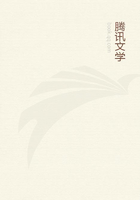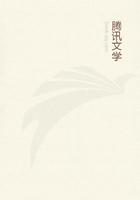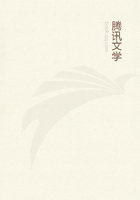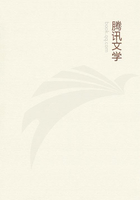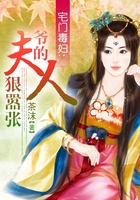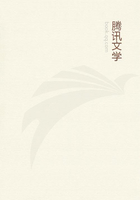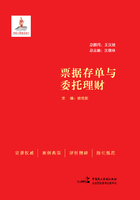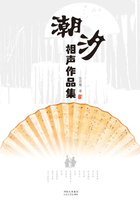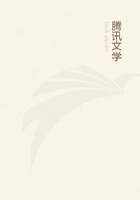I am always surprised by the oft-repeated words: "Yes, this is so in theory, but how is it in practice?" Just as though theory were fine words, requisite for conversation, but not for the purpose of having all practice, that is, all activity, indispensably founded on them.
There must be a fearful number of stupid theories current in the world, that such an extraordinary idea should have become prevalent.
Theory is what a man thinks on a subject, but its practice is what he does. How can a man think it necessary to do so and so, and then do the contrary? If the theory of baking bread is, that it must first be mixed, and then set to rise, no one except a lunatic, knowing this theory, would do the reverse. But it has become the fashion with us to say, that "this is so in theory, but how about the practice?"In the matter which interests me now, that has been confirmed which Ihave always thought,--that practice infallibly flows from theory, and not that it justifies it, but it cannot possibly be otherwise, for if I have understood the thing of which I have been thinking, then Icannot carry out this thing otherwise than as I have understood it.
I wanted to help the unfortunate only because I had money, and Ishared the general belief that money was the representative of labor, or, on the whole, something legal and good. But, having begun to give away this money, I saw, when I gave the bills which I had accumulated from poor people, that I was doing precisely that which was done by some landed proprietors who made some of their serfs wait on others. I saw that every use of money, whether for making purchases, or for giving away without an equivalent to another, is handing over a note for extortion from the poor, or its transfer to another man for extortion from the poor. I saw that money in itself was not only not good, but evidently evil, and that it deprives us of our highest good,--labor, and thereby of the enjoyment of our labor, and that that blessing I was not in a position to confer on any one, because I was myself deprived of it: I do not work, and I take no pleasure in making use of the labor of others.
It would appear that there is something peculiar in this abstract argument as to the nature of money. But this argument which I have made not for the sake of argument, but for the solution of the problem of my life, of my sufferings, was for me an answer to my question: What is to be done?
As soon as I grasped the meaning of riches, and of money, it not only became clear and indisputable to me, what I ought to do, but also clear and indisputable what others ought to do, because they would infallibly do it. I had only actually come to understand what I had known for a long time previously, the theory which was given to men from the very earliest times, both by Buddha, and Isaiah, and Lao-Tze, and Socrates, and in a peculiarly clear and indisputable manner by Jesus Christ and his forerunner, John the Baptist. John the Baptist, in answer to the question of the people,--What were they to do? replied simply, briefly, and clearly: "He that hath two coats, let him impart to him that hath none; and he that hath meat, let him do likewise" (Luke iii. 10, 11). In a similar manner, but with even greater clearness, and on many occasions, Christ spoke. He said:
"Blessed are the poor, and woe to the rich." He said that it is impossible to serve God and mammon. He forbade his disciples to take not only money, but also two garments. He said to the rich young man, that he could not enter into the kingdom of heaven because he was rich, and that it was easier for a camel to go through the eye of a needle, than for a rich man to enter the kingdom of God. He said that he who should not leave every thing, houses and children and lands, and follow him, could not be his disciple. He told the parable of the rich man who did nothing bad, like our own rich men, but who only arrayed himself in costly garments, and ate and drank daintily, and who lost his soul thereby; and of poor Lazarus, who had done nothing good, but who was saved merely because he was poor.
This theory was sufficiently familiar to me, but the false teachings of the world had so obscured it that it had become for me a theory in the sense which people are fond of attributing to that term, that is to say, empty words. But as soon as I had succeeded in destroying in my consciousness the sophisms of worldly teaching, theory conformed to practice, and the truth with regard to my life and to the life of the people about me became its conclusion.

